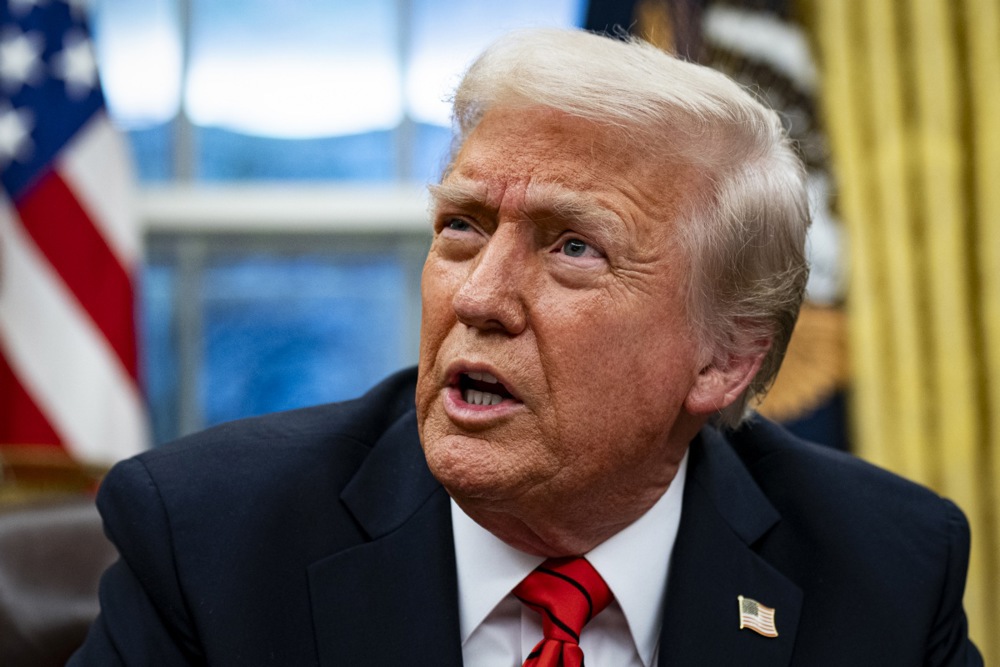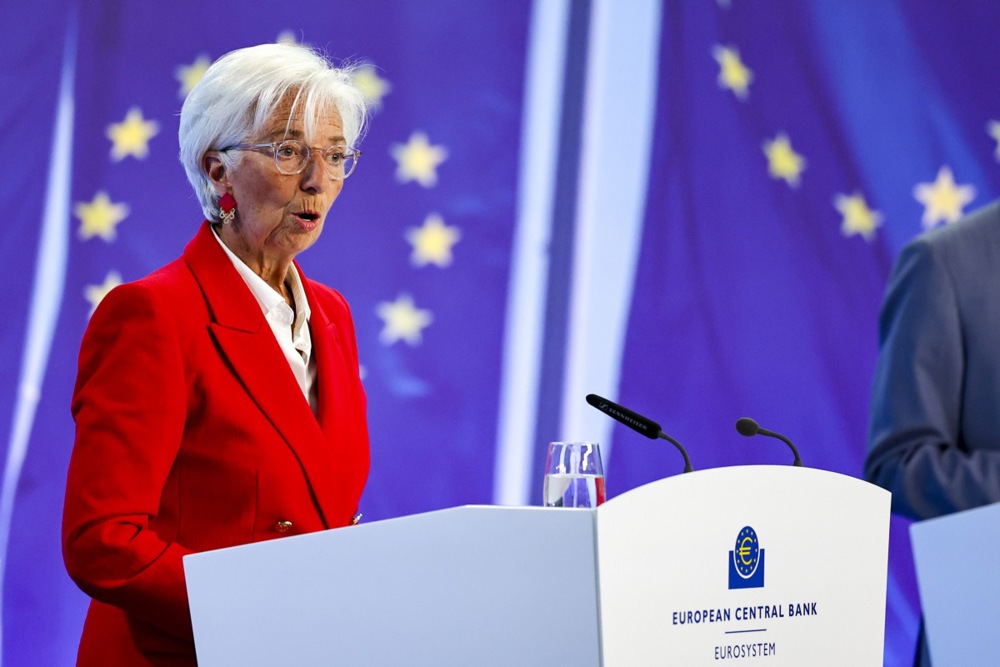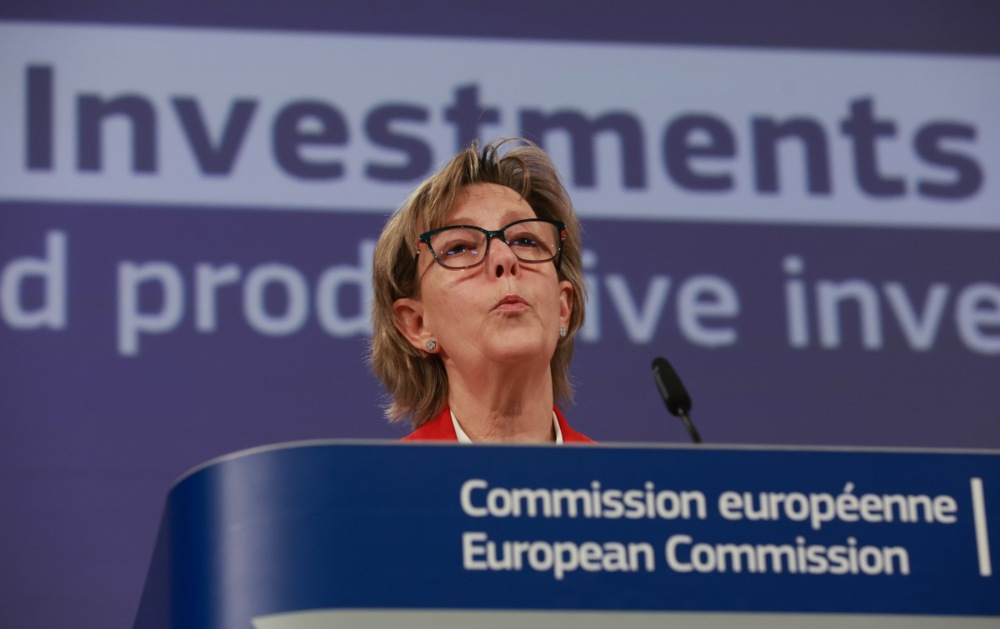The European Commission swapped the United Arabic Emirates (UAE) for Monaco, in its recently updated list of third countries with “strategic deficiencies” in their anti-money laundering and counter-terrorist financing frameworks.
The move, announced on June 10, meant Monaco was now officially seen by Brussels as a risk to the European Union’s financial system, while the UAE was no longer considered one.
For anyone with money in Monaco, this matters.
The EU now classifies the Principality as a high-risk financial jurisdiction. That means banks and other institutions in the EU are required by law to apply stricter checks on any financial activity linked to Monaco. Transactions can face delays, extra documentation requirements, and higher compliance costs. In some cases, deals or transfers may be blocked altogether.
The change reflected the decisions made by global watchdog the Financial Action Task Force (FATF) and mirrored its most recent list of countries “under increased monitoring”.
Monaco was added to that list last year. The UAE was taken off the FATF list in February after two years under scrutiny — a decision the EC decided to follow.
An EC spokesperson told Brussels Signal on June 12 that this list concerns “countries with strategic deficiencies in their anti-money laundering and counter-terrorist financing frameworks.”, reflecting the FATF updates from its meetings throughout 2024 and early 2025.
The decision has not been finalised yet. The list has been submitted to the European Parliament and European Union governments, which have up to two months to block it. If they do not, the changes will enter into force officially. The FATF is a global body that flagged countries with weak financial safeguards; the EU usually mirrored these decisions but made its own list with its own rules.
For the UAE, the latest move marked a diplomatic win.
According to Bloomberg: “The removal would satisfy a demand from the UAE, which has previously raised its concerns about its inclusion on the so-called ‘black list’. It comes as the two parties recently agreed to launch free trade negotiations.”
The EC said it was convinced the Arab state had “adequately addressed all shortcomings” and that its efforts had strengthened “the effectiveness of its anti-money laundering and counter-terrorist financing framework.”
According to the EC spokesperson: “The Commission has been closely following the work undertaken by the UAE.”
Brussels did note that the European Parliament had raised concerns — particularly about legal co-operation with the UAE, including issues around extradition and mutual assistance.
The spokesperson said: “A series of dialogues between EU-UAE took place on 21 June in Brussels and on 13 November 2024 and 15-16 April 2025 in Abu Dhabi.”
Following these meetings, the UAE committed to new measures to improve judicial co-operation with Europol, Eurojust and the European Public Prosecutor’s Office. Brussels said it would “closely monitor” whether the UAE followed through.
Monaco, by contrast, did not convince the international bodies monitoring its efforts.
In June 2024, the FATF concluded it had not made enough progress in fixing problems flagged in its last evaluation. The body issued a list of actions the sovereign city-state must take and placed it under close monitoring.
That same month, Le Monde reported Monaco had been added to the FATF “grey list”, alongside EU countries Bulgaria and Croatia.
The EC said any country listed by the FATF was “in principle bound to be added to the EU’s list”. It noted that “the high integration of the international financial system” meant any weak link posed a risk to Europe’s own stability.
Monaco has a monetary agreement with the EU and was expected to follow its financial rules — something the EC specifically highlighted. The EU’s decision to include the Principality reflected that expectation, despite its close economic ties to France and the eurozone.
In response, the Monaco Government admitted the update was expected and said it was committed to meeting the FATF’s requirements “in the short term.” It stressed it had already made progress on issues including counter-terror financing and setting up a new financial watchdog but the FATF found that was not enough.
A year ago, La Gazette de Monaco reported the Monaco Government had drawn up a one-and-a-half-year roadmap to fix the problems — with deadlines in May and September 2025 and completion expected by January 2026.
Yet Monaco is still on the grey list — and now on the EU’s list, too.
The EC said it “is closely following Monaco’s progress” and remained “confident” the country would improve — but, for now, it was officially considered a financial risk.





